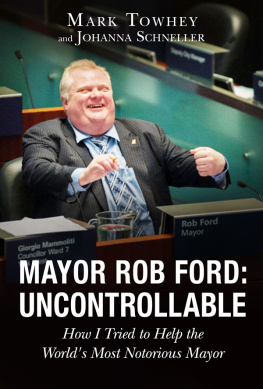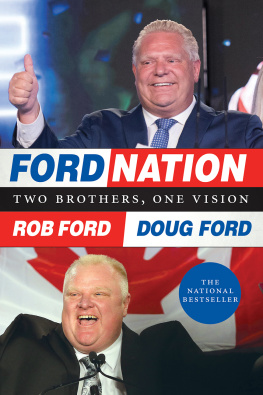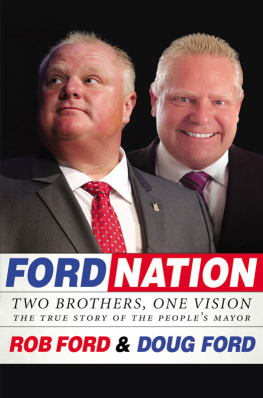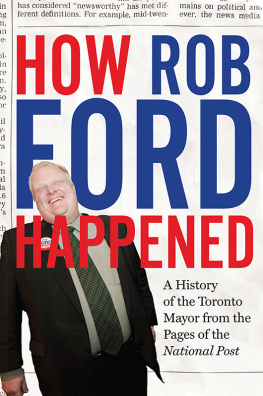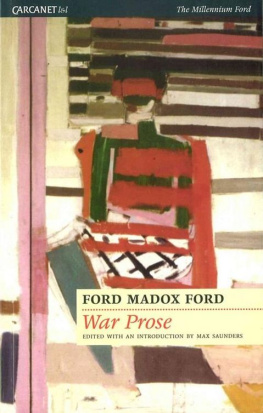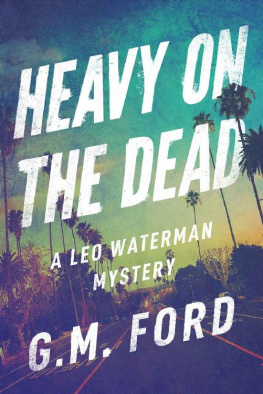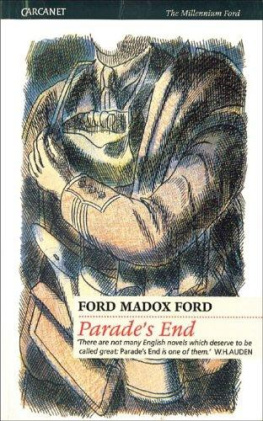Copyright 2015 by Mark Towhey and Johanna Schneller
All rights reserved. No part of this book may be reproduced in any manner without the express written consent of the publisher, except in the case of brief excerpts in critical reviews or articles. All inquiries should be addressed to Skyhorse Publishing, 307 West 36th Street, 11th Floor, New York, NY 10018.
Skyhorse Publishing books may be purchased in bulk at special discounts for sales promotion, corporate gifts, fund-raising, or educational purposes. Special editions can also be created to specifications. For details, contact the Special Sales Department, Skyhorse Publishing, 307 West 36th Street, 11th Floor, New York, NY 10018 or .
Skyhorse and Skyhorse Publishing are registered trademarks of Skyhorse Publishing, Inc., a Delaware corporation.
Visit our website at www.skyhorsepublishing.com.
10 9 8 7 6 5 4 3 2 1
Library of Congress Cataloging-in-Publication Data is available on file.
Cover design by Brian Peterson
ISBN: 978-163450-042-5
Ebook ISBN: 978-1-63450-048-7
Printed in the United States of America
Quotations attributed to various individuals have been recreated from the authors memory, and are not verbatim transcripts of what was said. In every instance the author has endeavored as much as his recollection will allow to convey the sense and import of the speakers words. However, human memory is fallible, and there may be some cases where the speaker recalls differently his or her comments.
To all who served with me in the Office of the Mayor, especially:
Adam Howell
Adrienne Batra
Amir Remtulla
Andrew Gillis
Brendan Crosskerry
Brian Johnston
Brooks Barnett
Carley McNeil
Cathy DeMarco
Chris Fickel
Dana Cochrane
Earl Provost
Emily Thompson
George Christopolous
Isaac Ransom
Isaac Shirokov
Jennifer Dwyer
Kia Nejatian
Michael Prempeh
Nick Kouvalis
Nico Fidani
Olivia Gondek
Pina Martino
Sheila Paxton
Sunny Petrujkic
Tina Arvanitis
Tom Beyer
Contents
Foreword | Why?
W HY AM I writing this book?
On May 23, 2013, as I was escorted out of Toronto City Hall surrounded by a swarm of news cameras and reporters, they asked me the same questions, over and over again: What did I say to the mayor? What advice had I given him? Why was I leaving? Did he have a drinking or drug problem? In every case, I responded with essentially the same answer: My advice for the mayor is confidential.
Since that day, Ive kept my counsel. I have not spoken directly to the media or the public about what my advice was, or what my experience was behind the scenes in Rob Fords office. I spoke twice, under oath, to the Toronto police as part of their investigation into criminal activities that had implicated the mayor and people around him. Some of that testimony subsequently made its way into court documents that were released, through a slow, painful process, to the media. But the bits of my counsel that have been made public were never done so by me. Until now.
Why speak on the record now? Why write a book that opens the curtains on the backstage of Rob Fords rise, rule, and fall? It took me a year to decide that writing this book was the right thing to do. I have three main reasons.
First, the most salacious episodes already have been revealed, partly by Toronto journalists whove done an excellent job digging up the puzzle pieces and fitting them together, and partly by the Information to Obtain (ITO) search warrant documents filed with the courts by Toronto police and released publicly. So much of the gist of what happened is already in the public domain. Whats missing is the context, the connective tissue between the events, the manner in which things unfolded, the import of some events, and the insignificance of others. In some cases, the publicly reported details are wrong. In other cases, the public version of events has mixed up the timeline of who knew what when. At this point, I feel it is important that there be an insiders narrative on the public record. I recognize this may harm my hard-won reputation for discretion. But I think the importance of setting the record straight outweighs the risk.
Second, Rob Ford hurt a lot of good people. The political staff in the mayors office worked long hours and produced impressive results, under the most difficult conditions imaginable. Whatever youve heard, whatever youve imagined, working there was worse. And at the end of it, their names were sullied. Some of them quit on principle after I was fired, leaving well-paid jobs and suffering the consequence of a longin some cases continuingperiod of unemployment. Many others simply couldnt afford to escape. Working for Rob Ford took a toll on the health and well-being of most of them. Their work and their sacrifices have gone unrecognized. I hope to rectify that.
Finally, I need to tell this story for myself. The day I left City Hall began a long, scary year of depression and self-doubt. This book is part of my healing process.
There is a great story to tell about how and where we succeeded, and why and where we failed. There are lessons to be learned about how to get things done politically that, I believe, are applicable in every democracy. And there are lessons to be learned from my experience of trying to manage a boss who was often right, but too often very wrong. The particulars of my story may be crazy, but its themes are universal.
Prologue | His First Addiction
September 2010
I PULLED UP outside Rob Fords house about ten minutes early. It was September 15, 2010. A Wednesday. Id told him we should leave at 4:30 to be across town for the 6:30 p.m. debate. I was always early, because he was always late.
Both Robs beat-up, filthy Chevrolet Uplander van and his wife Renatas blue Ford Escape were in the driveway, so he was home. That was a good sign. The curtains were closed. That was normal. The Fords were a private family, and their home was a place few staff or outsiders ever entered. Even glimpses through the windows were rare, usually only when one of his two kids was peeking out.
His house was a modest bungalow with a roof that needed repair. It was the first, and by far the cheapest-looking, house on a street that was now lined with much bigger, nicer homes that quickly escalated into the multimillion-dollar range. If you Googled his address, youd assume the Ford home was on millionaires rowwhich it was. But as I sat looking at it from my truck across the street, where he could see me if he glanced out the window, it looked like a place your minimum-wage gardener might live in if you were really rich. I popped the lid open on my Tim Hortons Double Double coffee, and waited.
Getting a politician into the zone for a public appearance, especially an all-candidates debate, was a lot like getting a comedian pumped up before a gig. Politicians are performers, after all. Massive egos. Always craving positive feedback. And Rob was especially tricky. For a politician, he was surprisingly shy. Show most politicians a camera, and theyll automatically turn into the light to get on TV. Not Rob. He dreaded public speaking and felt he was terrible at it. He told me his words got jumbled up and never came out the way hed intended. He was only comfortable in small groups of constituents, or one-on-one on the phone.
Although there were over forty other candidates for mayor, there were really only four serious contenders: Ford; George Smitherman, who had been the early race leader and was still the pundits favorite; Rocco Rossi, who was the establishments second (and more conservative) choice; and Joe Pantalone, the only hope for the citys large left-wing constituency. All but Ford were polished public speakers who loved attention and would speak until they were cut off. They prided themselves on being smart, well-spoken, and able to answer any question with a thoughtful, articulate response tailored to the unique nature of each audience. Ironically, that would be their downfall.

